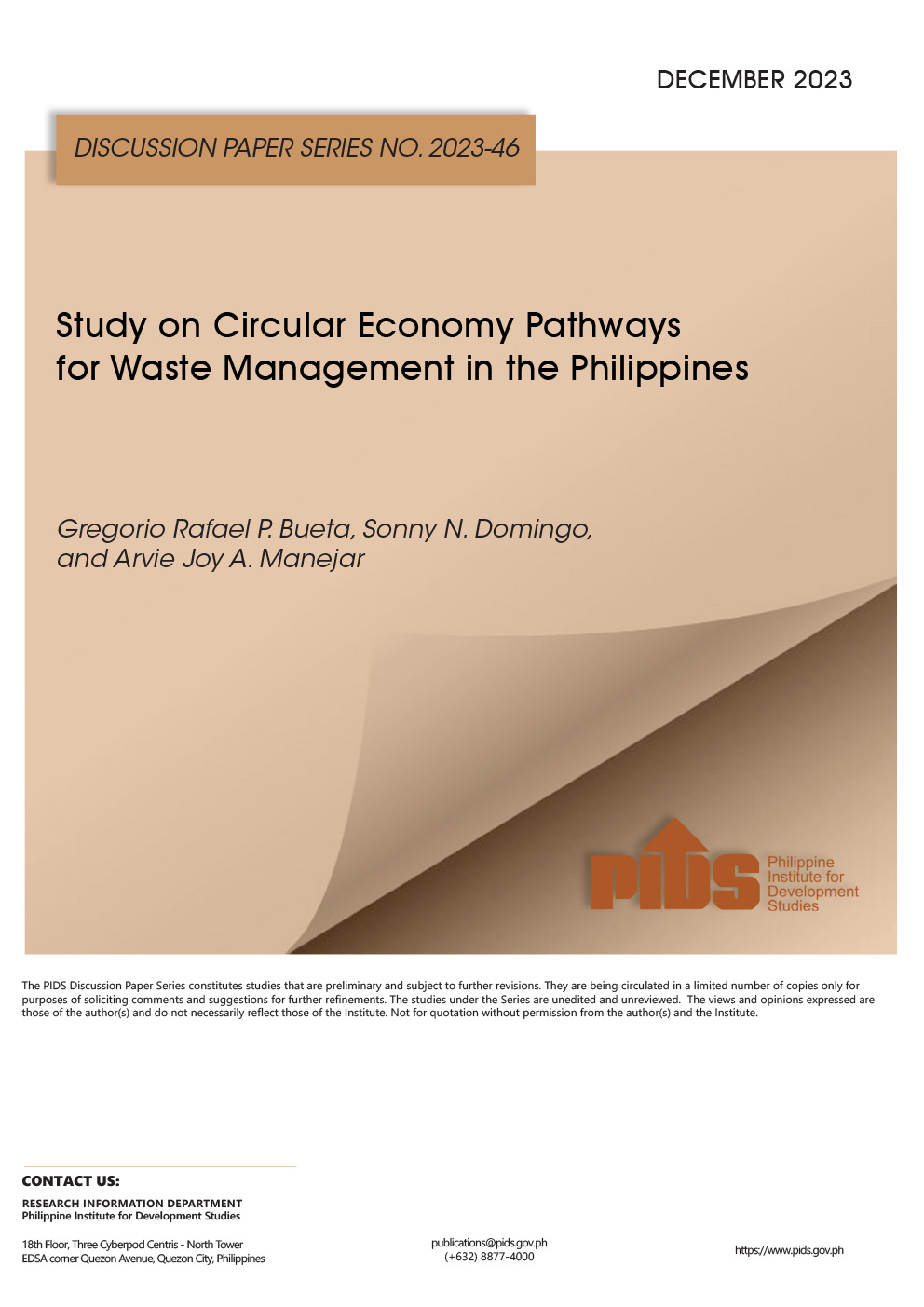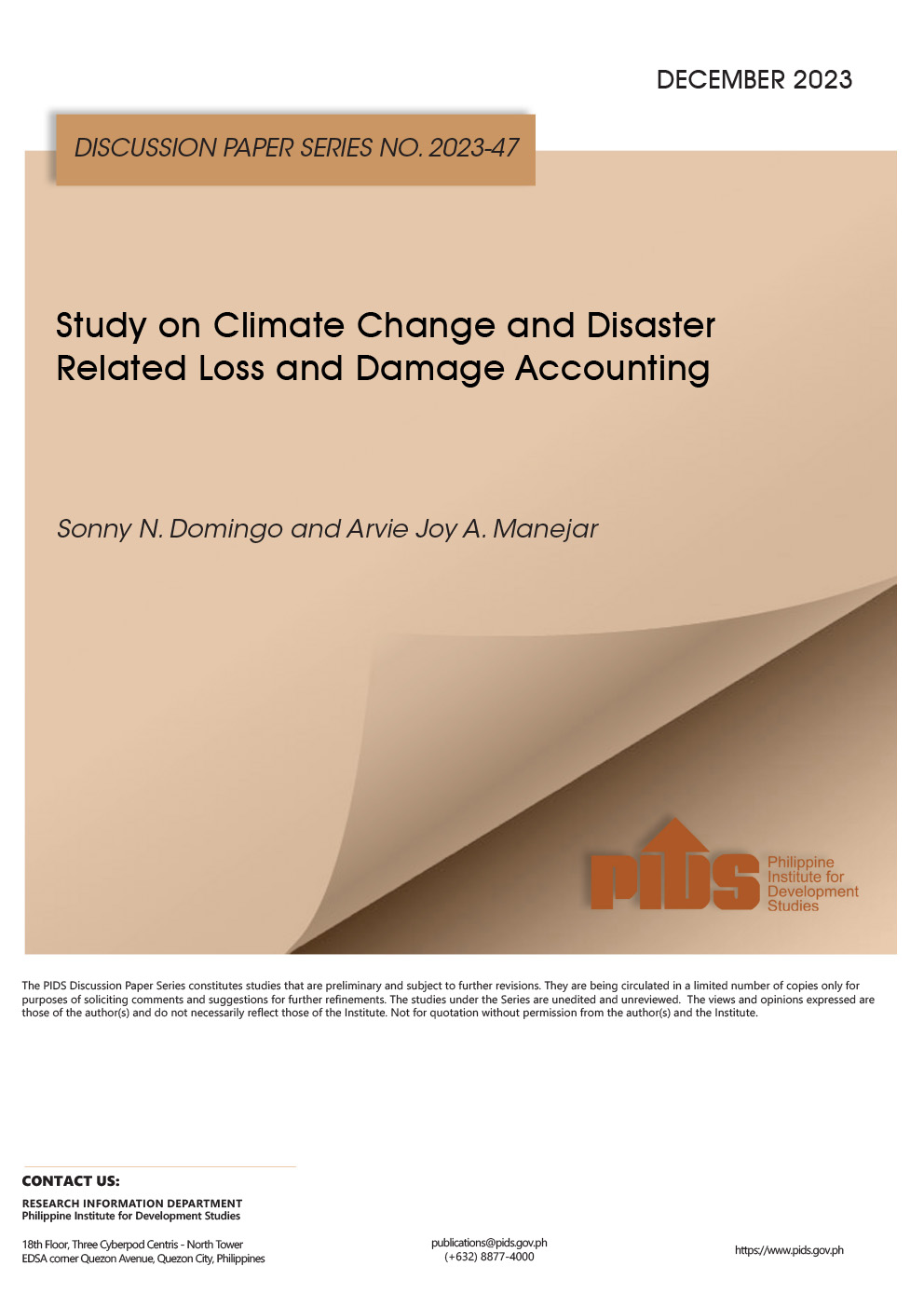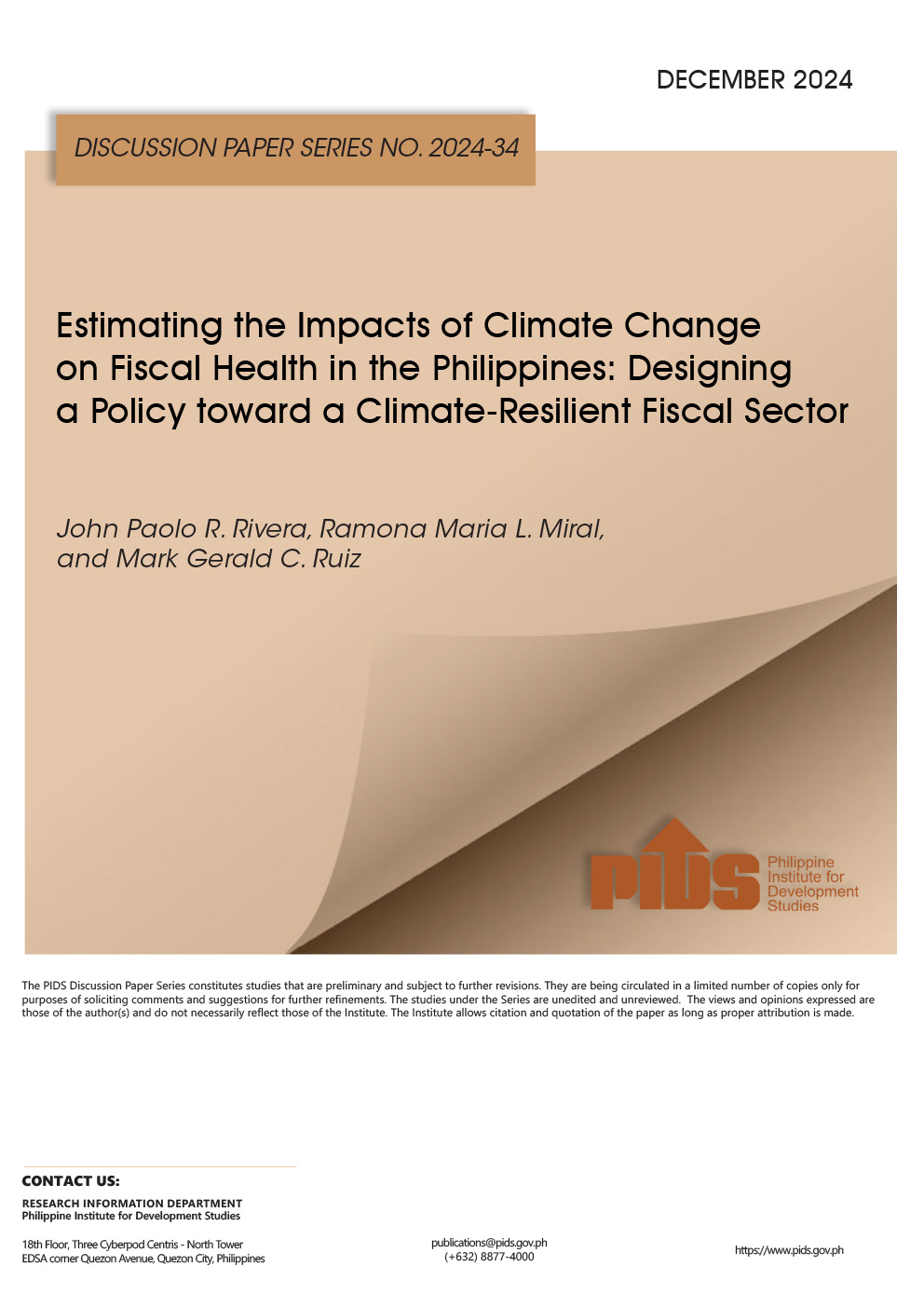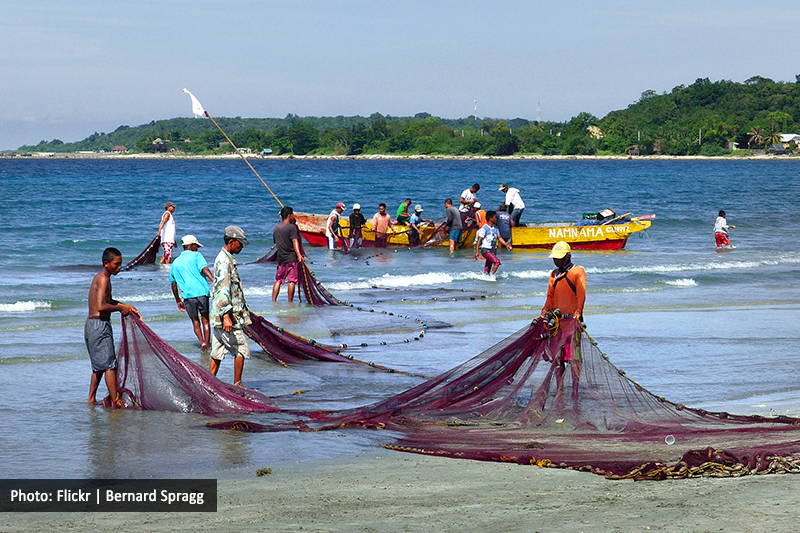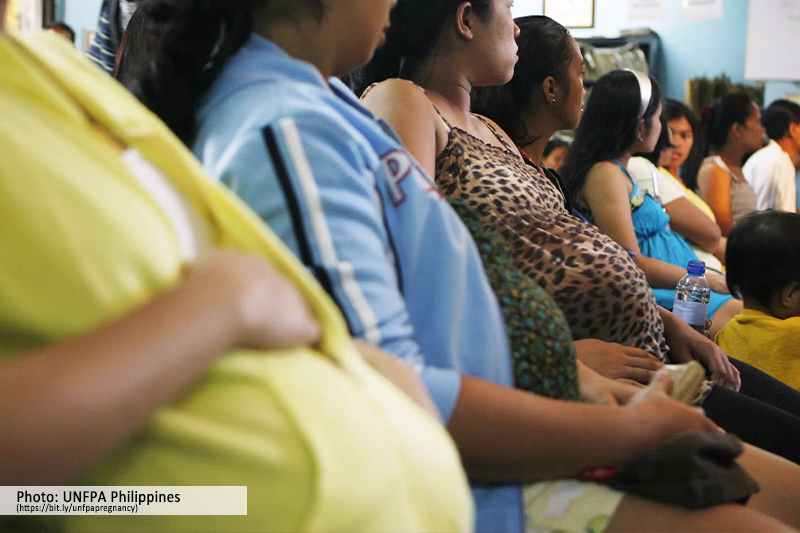As the economic toll of climate change grows, the Philippines’ private sector is urged to embrace net zero strategies to safeguard economic stability.
“Today, there is no one and no place on the planet that is spared from the unprecedented fury unleashed by the increasing number – and more frequent occurrence – of extreme weather events supercharged by climate change,” said Federico Lopez, chairman and chief executive officer of First Philippine Holdings Corporation.
Losses from climate shocks currently cost the Philippines at least 3 per cent of its gross domestic product annually.
Lopez was speaking at the Net Zero Conference 2024, which took place in September in Makati City, and was convened by the Net Zero Carbon Alliance – the largest private sector-backed organisation advocating for and advancing progress on net zero in the Philippines. The consortium is initiated by the Energy Development Corporation (EDC), the largest vertically integrated geothermal energy producer globally.
With the theme “Strengthening resilience: Scaling the Philippine private sector’s net zero ambitions”, this year’s convention gathered businesses, policy leaders, financial institutions, and other stakeholders to discuss strategies guiding the Philippines’ private sector toward an equitable and sustainable net zero transformation.
Lopez underscored that even the power sector has begun to feel the bite of extreme weather conditions. In his opening keynote, Lopez highlighted that earlier this year, an extended heatwave in Central Luzon’s Nueva Ecija province saw water levels plunge to critical levels at the Pantabangan Dam and Pantabangan-Masiway Hydroelectric Power Plant.
The El Niño dry spell also resurfaced the ruins of a town that had been submerged by the reservoir since the 1970s and threatened the early shutdown of the 132-megawatt hydropower facility due to record-low water elevation.
The Pantabangan-Masiway Hydroelectric Power Plant is operated by First Gen Corporation, the energy generation subsidiary of First Philippine Holdings Corporation.
“The cost of further inaction to address this crisis can only be catastrophic,” said Lopez. “We have a narrowing time frame [of the next 25 years] to make our every action count and avoid irreversible damage to our planet. There is no other way to go but net zero.”
With industries contributing significantly to the Philippines’ emissions, how companies reorient themselves to contribute to global decarbonisation goals will prove pivotal in the near term, Lopez said.
It is clear that climate change is indeed the governance challenge of our generation. It is a global, historic and systemic issue affecting every nation, economy and community. [With] the Philippines as one of the most at-risk countries, the stakes could not be higher.
Robert Borje, vice chairperson and executive director, Climate Change Commission
Low-carbon investments
Despite pledging to reduce its greenhouse gas (GHG) emissions by 75 per cent compared to a business-as-usual scenario forecasted between 2020 and 2030, the Philippines still lacks a hard net zero target and is the only Southeast Asian nation without one.
The country, like many others, is also experiencing a climate financing shortfall – its Nationally Determined Contribution (NDC) Implementation Plan outlines that the Philippines requires some P4.1 trillion (US$72 billion) in financing to meet its decarbonisation goal. NDCs specifically delineate how each country will meet the common climate goals with a framework designed by the United Nations.
With the government able to contribute only 2.71 per cent of this needed investment, the implementation of the country’s mitigation and adaptation blueprint relies largely on international development donors and private funding.
Submitted to the United Nations Framework Convention on Climate Change (UNFCCC) earlier this year, the Philippines’ National Adaptation Plan (NAP) highlights the private sector’s role in financing the decarbonisation of hard-to-abate sectors including agriculture, energy, industry, transport, and waste.
“The biggest barrier in the climate change [battle] is it cannot be fought by the government or the private sector alone. It has to be a ‘whole-of-nation’ initiative,” said Jose Manuel Alba, representative of the First District of Bukidnon during the opening plenary. Bukidnon is a province located in the northern-central region of Mindanao.
Alba is the principal author of the Low Carbon Economy Investment Act 2023 – a proposed piece of legislation that mandates large enterprises across covered sectors to develop decarbonisation plans that set an annual cap or “ceiling” on their GHG emissions. These plans must include clear milestones and corresponding investments to meet carbon reduction targets, ensuring that businesses progressively reduce their emissions over time.
The congressman hopes that the legislation will help the country’s private sector align with Paris Agreement targets, and help bridge the Philippines’ glaring P4.1-trillion decarbonisation investment gap.
“We’re not trying to coerce the private sector; [we want] to nudge [them] towards the best way forward,” Alba explained.
The bill also outlines a Carbon Emission Pricing Framework for the country, while institutionalising a greenhouse gas inventory system. The framework aims to incentivise GHG emissions reductions through market-based mechanisms such as carbon taxes, carbon offset mechanisms and emissions trading systems.
“[The Low Carbon Economy Investment Act] is groundbreaking,” secretary Robert Borje, vice chairperson and executive director of the Climate Change Commission, told the media separately following his remarks. “I would also say that it’s causing a change of mindset, not just in government, but also in the private sector, on how to move towards the growth and development that we want.”
Borje assured that the Climate Change Commission – an independent agency of the Philippine government that was established to coordinate and implement climate change policies and programmes – is working closely with Congress and relevant government agencies to support policies like the Low Carbon Economy Investment Act.
“At the Climate Change Commission, we are committed to advancing policies, fostering partnerships, and enabling access to climate finance,” said Borje. “Resilience will always be at the core of our strategies and objectives, ensuring that all Filipinos benefit from a sustainable, low-carbon future.”
The public official cited a United Nations report which found that every US$1 invested in climate action and climate-resilient infrastructure can potentially translate to US$6 saved in climate-related losses and damage.
“The cost of proactive action is significantly smaller than [that] of recovery and rebuilding. Failing to transition from business-as-usual strategies will lead to mounting economic losses and damage,” Borje explained.
However, the proposed Low Carbon Economy Investment Act is not without its detractors. Earlier this year, the Philippine Chamber of Commerce and Industry (PCCI) called for a thorough review of the legislation, flagging that the bill’s proposed measures could put undue strain on vital industries such as food and agriculture, and have inflationary repercussions.
A paper by the Philippine Institute for Development Studies highlighted that the bill’s proposed carbon trading system lacked grounded policy and institutional mechanisms for a just transition.
Private sector stakeholders hope the country’s decarbonisation policies focus more on incentivising low-carbon adoption while keeping businesses competitive.
“Wherever there’s policy support, businesses [will] tend to move quicker, because it establishes a level of certainty. Businesses always want a high level of certainty in markets, trends, consumer decisions and policies,” underscored Holcim Philippines chief sustainability officer Samuel Manlosa in the opening plenary.
In the closing plenary, Heng Dean Law, managing director of Singapore-based climate change investment and advisory firm Pollination, highlighted that while decarbonisation is a significant investment, it also presents opportunities for growth in sectors such as agriculture, water, energy and urban development.
“You can’t just flip a switch overnight, but [a low-carbon economy] is where the world is going and the best time to [make the transition] is now,” said Heng, who also pointed to the investment opportunities therein. “10 years ago, sustainable financing wasn’t mainstream. Nowadays, [lenders] have large quotas and targets. It can potentially help your top line.”
Collective action
Speakers closed the summit by reiterating the importance of multi-sector collaboration in the nation’s fight against climate change, pointing to the climate-related risks that will increase and worsen over time if left unmitigated.
“Achieving decarbonisation and regeneration is not a race. If we cross the finish line alone, we have failed in our mission. We must collaborate with companies, organisations and individuals alike as we pursue a shared vision for the future,” said Allan Barcena, Energy Development Corporation (EDC) assistant vice president and head of corporate support functions. He is also the executive director of the Net Zero Carbon Alliance.
“The devastating effects of climate change continue to unfold every single day. The Philippines remains among the top countries most vulnerable to disaster risks as it lacks the needed coping and adaptive capacities for mitigation,” First Philippine Holdings Corporation’s Lopez added. “While addressing the climate risk crisis feels like such a daunting task. We remain optimistic and encouraged as we see a myriad of sectors of society coming together and taking collective action.”
“It is clear that climate change is indeed the governance challenge of our generation. It is a global, historic and systemic issue affecting every nation, economy and community,” said the Climate Change Commission’s Borje in his closing message, “[With] the Philippines as one of the most at-risk countries, the stakes could not be higher.”

